Lifestyle
15 Ways Cat Owners Unknowingly Make Their Cats Hate Them
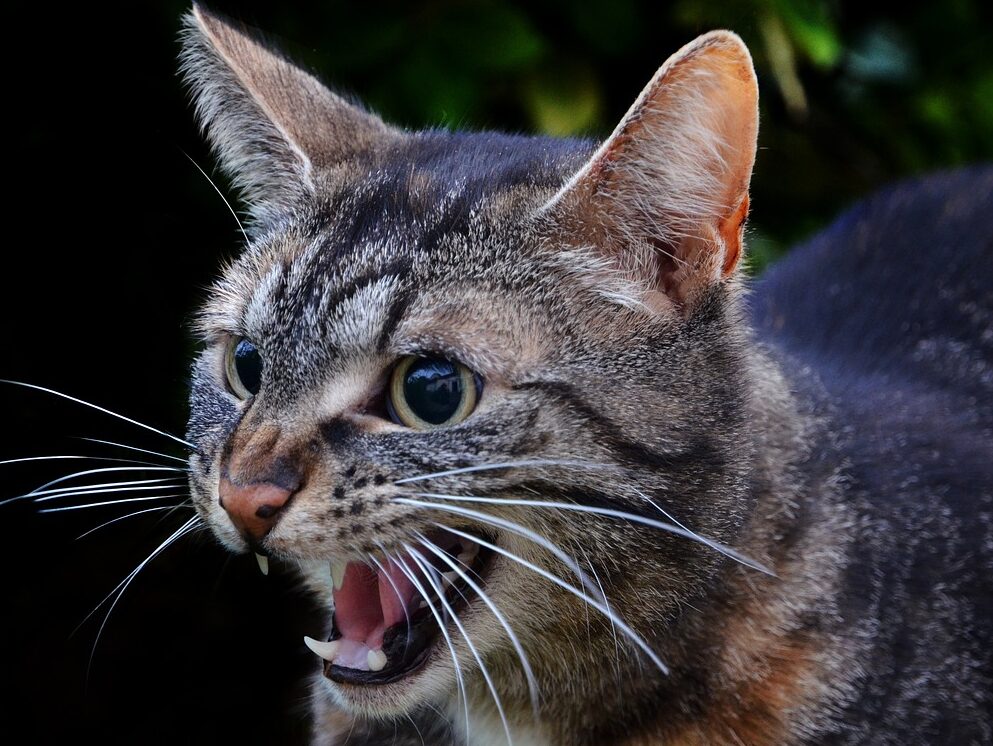
Cats are mysterious little creatures. One moment, they’re purring in your lap; the next, they’re glaring at you from across the room like you just betrayed them. If your cat seems distant or downright annoyed, you might be making some classic cat-parent mistakes without even realizing it. Here are 15 ways you could be unknowingly pushing your feline friend away.
Forcing Hugs and Cuddles
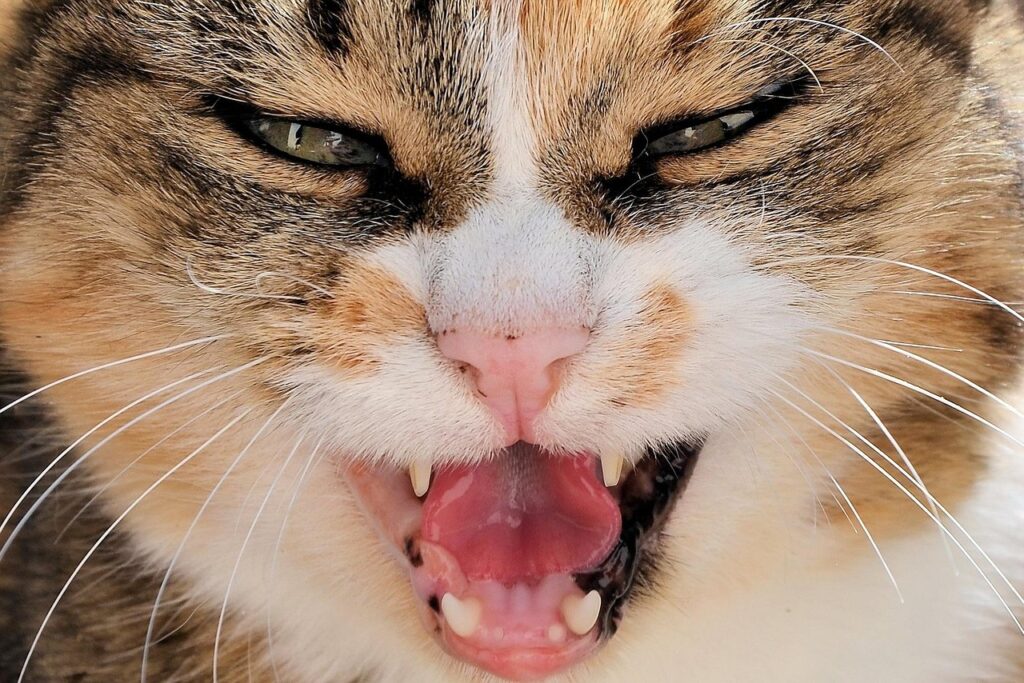
Just because you love hugs doesn’t mean your cat does. Cats enjoy affection—but on their own terms. Swooping in for an unsolicited cuddle can make them feel trapped, and the more you force it, the more they’ll dodge you like a bad blind date. Instead, let them come to you. The more you respect their space, the more likely they are to snuggle up when they feel like it.
Not Cleaning the Litter Box Often Enough
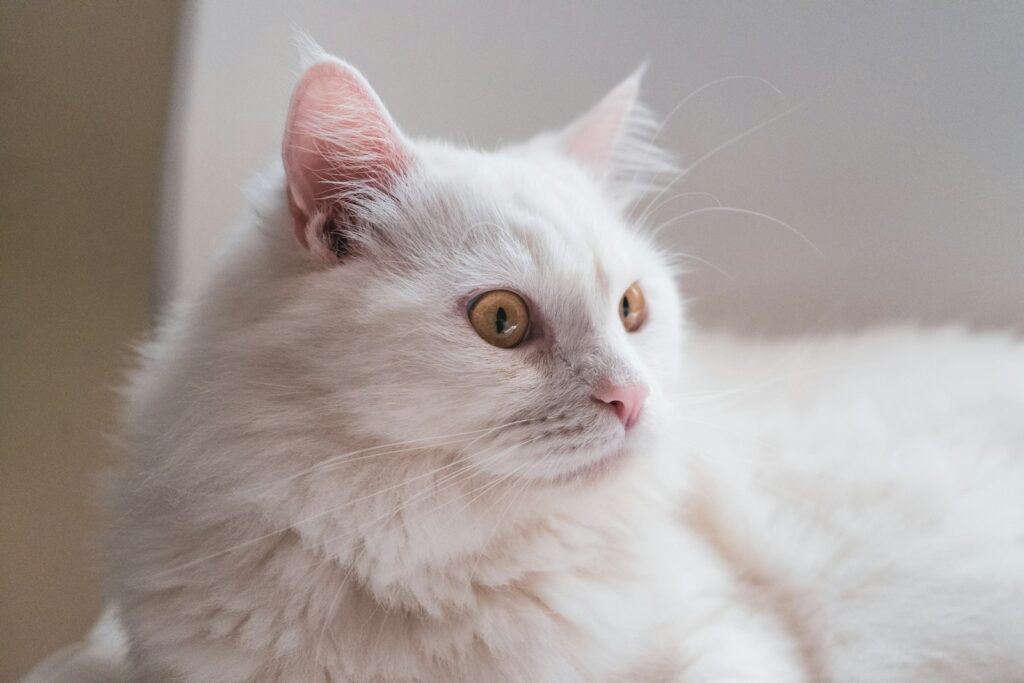
Imagine walking into a public restroom and being hit with that smell—you know, the one that makes you turn right back around. Disgusting, right? Well, that’s exactly how your cat feels when their litter box isn’t cleaned often enough. Cats are super picky about their bathroom situation, and if their usual spot is too nasty, they’ll start looking for a cleaneralternative… like your carpet, bed, or favorite pair of shoes.
Using Strong-Smelling Cleaning Products
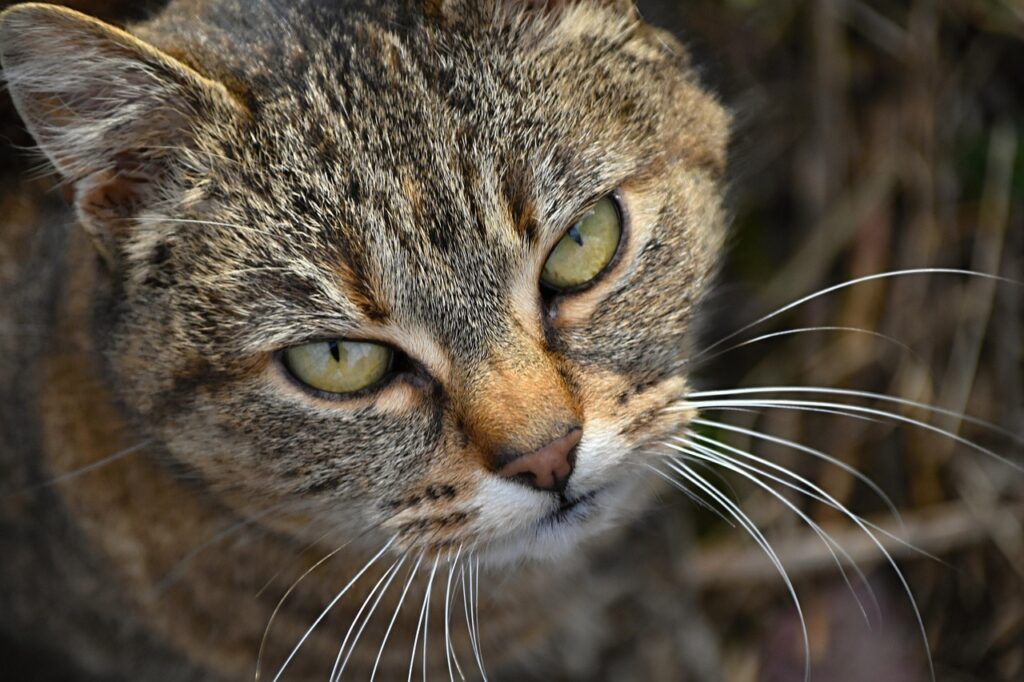
To you, lemon-scented cleaners might smell “fresh,” but to your cat, it’s like being trapped in a perfume store with no exit. Cats’ noses are 14 times more sensitive than ours, and certain strong-smelling products—like bleach, ammonia, or citrus—can overwhelm them. If your cat suddenly avoids their favorite lounging spot after you clean, it might be because the smell is unbearable for them.
Ignoring Their Body Language

Cats communicate constantly—just not in words. A cat with a twitching tail and flattened ears isn’t just “being dramatic”—they’re asking for space. Keep ignoring those signs, and you might end up with a clawed-up hand. Respect their signals, and you’ll earn their trust. Think of it this way: If someone kept talking to you while you were clearly annoyed, wouldn’t you get fed up, too?
Overfeeding or Underfeeding

“More food = more love” sounds sweet, but it’s a dangerous misconception. Overfeeding can lead to obesity, diabetes, and even joint pain, while underfeeding leaves your cat cranky and malnourished. Some cats will always act like they’re starving (even five minutes after eating), but that doesn’t mean they need extra snacks. Stick to a vet-approved diet, and your cat will thank you in the long run.
Punishing Them Harshly
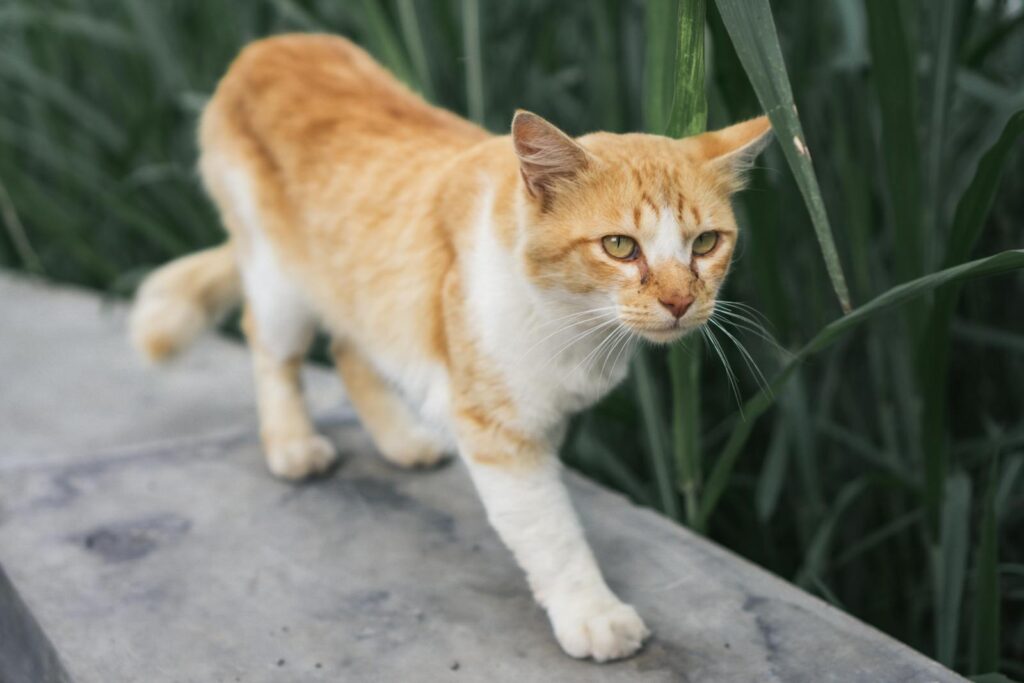
Shouting, spraying water, or—worse—hitting a cat only teaches one thing: fear. Cats don’t understand punishment the way dogs might. If they scratch your couch or knock something over, they’re not being spiteful—they’re just being a cat. Instead of punishing them, redirect their behavior. Scratching the sofa? Get a scratching post. Jumping on counters? Provide an alternative high spot. Problem solved—without damaging your bond.
Brushing Off Their Need for Play

A bored cat is a destructive cat. Without daily play, they might start climbing curtains, knocking things off shelves, or even attacking your ankles just for fun. Play isn’t just for entertainment—it mimics their hunting instincts and keeps their minds sharp. If you’re too busy to grab a toy for ten minutes a day, don’t be surprised when your cat finds their own way to stay entertained (usually at your expense).
Changing Their Routine Too Often

Cats are creatures of habit. They like knowing when they’ll eat, when you’ll come home, and where their favorite nap spot is. Sudden changes—like shifting mealtimes, rearranging furniture, or bringing in a new pet—can stress them out. Some cats will protest by acting out (think peeing outside the litter box or refusing to eat). If change is necessary, introduce it gradually to keep your cat from staging a rebellion.
Petting Them in the Wrong Spots

Not all cats are belly-rub enthusiasts like dogs. While some might enjoy a tummy scratch, for most, it’s a trap. The safest spots? Chin, cheeks, and the top of the head. And if your cat suddenly bites mid-pet? That’s not them being mean—it’s their way of saying, That’s enough, human. Pay attention to their signals to avoid unwanted battle scars.
Clipping Their Nails Incorrectly
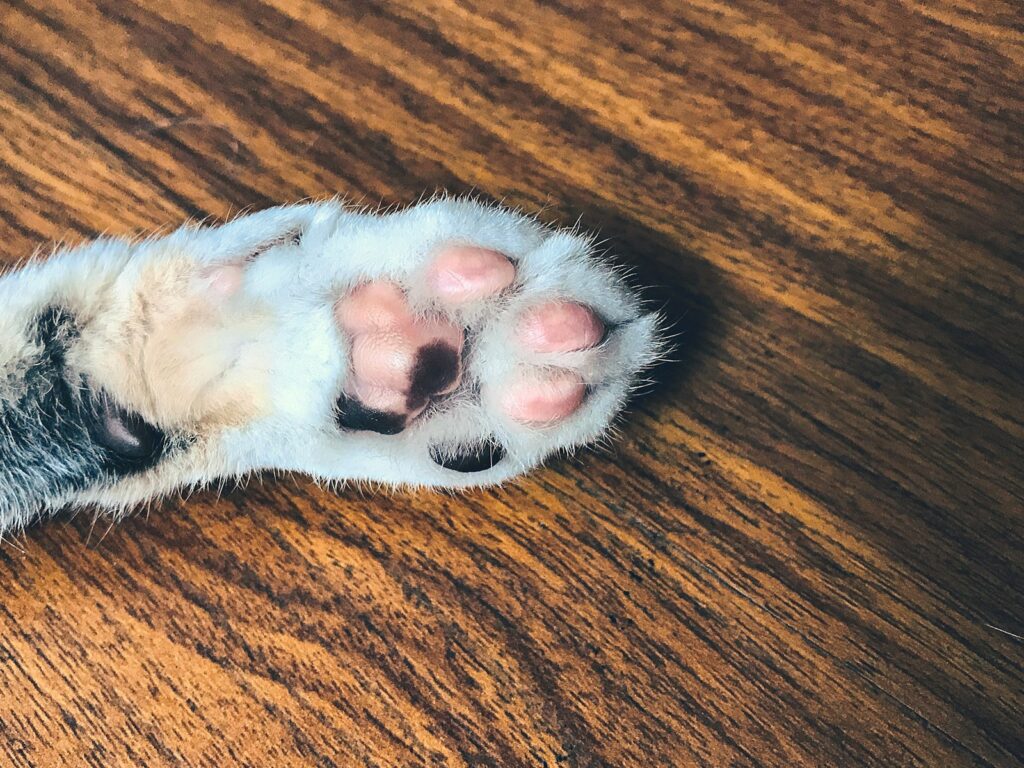
Nail trims can be a nightmare if done wrong. Cutting too close to the quick (the pink part inside the nail) is painful and can make your cat fear the clippers. The result? A full-on wrestling match every time you bring them out. If your cat hates nail trims, try distracting them with treats or even wrapping them in a “purrito” (a towel burrito). Or, better yet, let a vet or groomer handle it.
Dressing Them Up for Fun

Sure, a tiny Halloween costume is adorable, but most cats would rather not be your fashion model. Unlike dogs, cats don’t typically tolerate clothing well—it restricts their movement and feels unnatural. If your cat freezes, flops over, or aggressively grooms after you dress them up, take the hint: they hate it. Stick to cute collars if you want a stylish kitty.
Bringing Home a New Cat Without a Proper Introduction
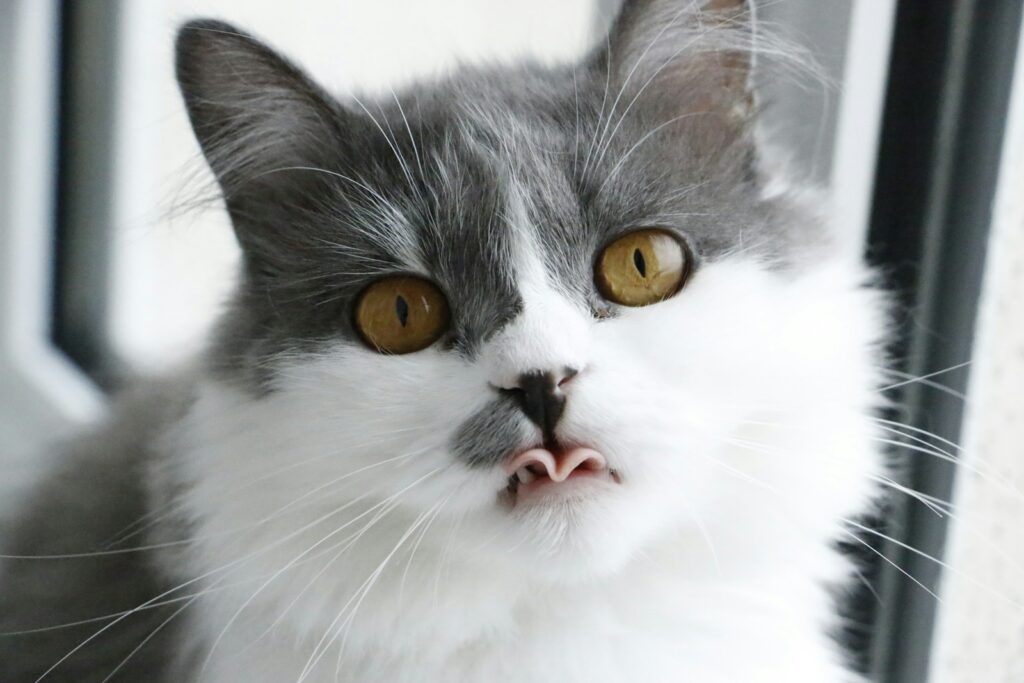
To you, a new cat is a fun addition. To your current cat, it’s an intruder. Tossing two cats together and hoping for the best usually results in hissing, swatting, and long-term resentment. Instead, introduce them slowly—separate spaces, scent swapping, and short supervised meetings. A rushed introduction can lead to lifelong hostility.
Playing Rough With Your Hands
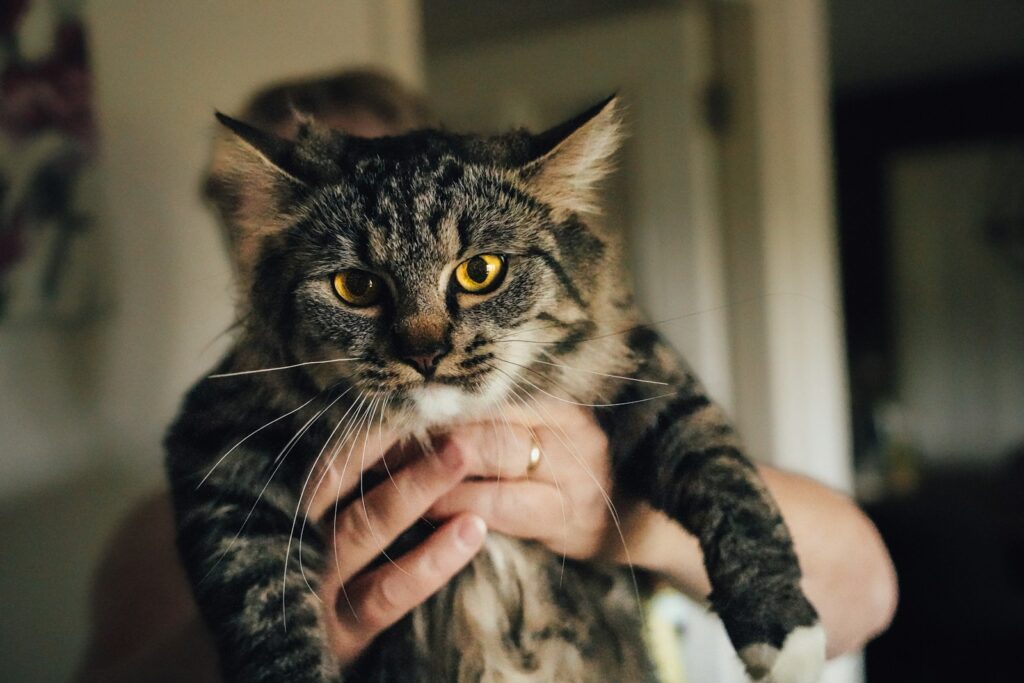
Kittens nibbling on fingers might seem cute—until they grow into adults with sharp teeth and stronger jaws. If you encourage play-biting as a kitten, don’t be shocked when your grown cat still sees your hand as a chew toy. Instead, always use actual toys to play, so they learn that hands are for petting, not biting.
Blasting Loud Noises
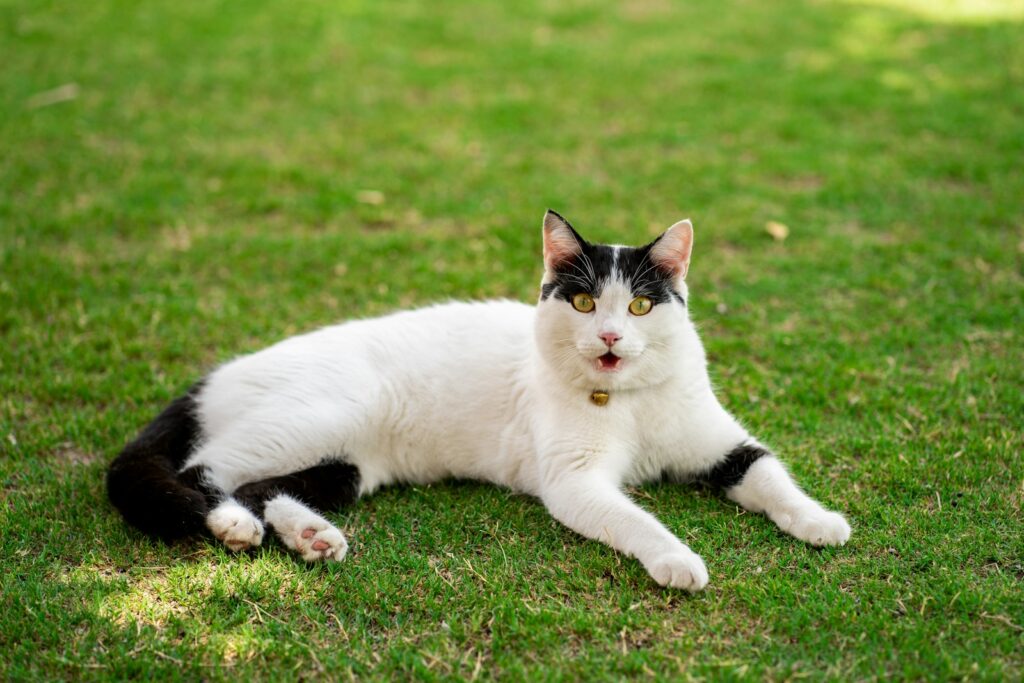
Cats have super-sensitive hearing—about four times better than ours. So when you blast music, slam doors, or run the vacuum near them, it’s like standing next to a jet engine. If your cat bolts under the couch every time you start the hairdryer, they’re not just being dramatic—they’re overwhelmed. Try keeping noisy appliances away from their favorite spots to help them feel safe.
Ignoring Their Health Issues
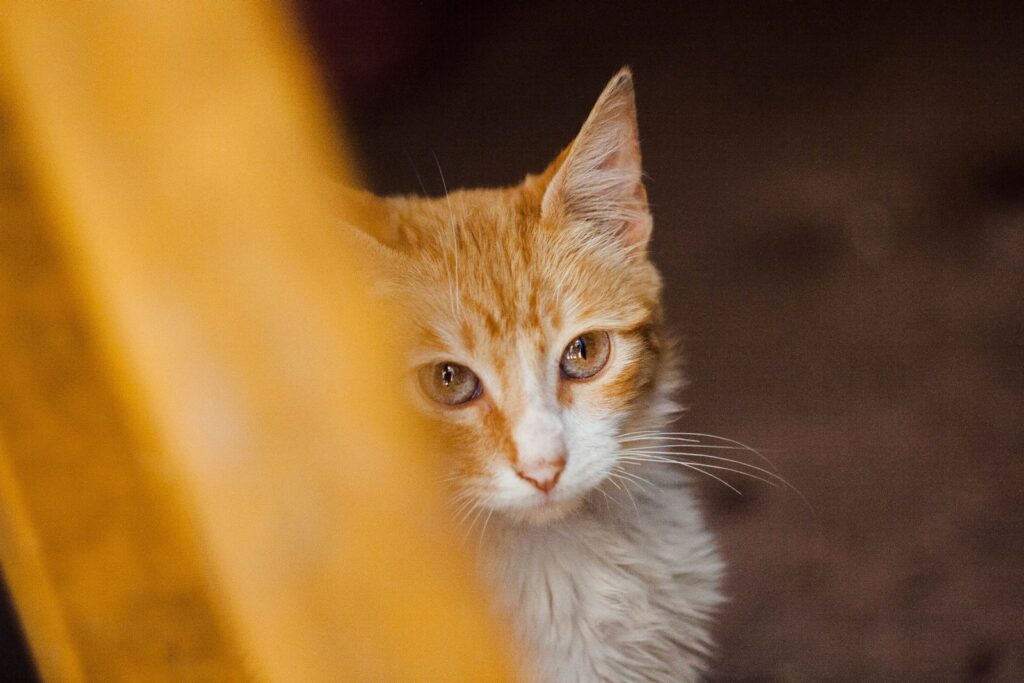
Cats are experts at hiding pain. If they start acting differently—eating less, avoiding you, or suddenly being aggressive—it could be a sign of illness. Bad breath? It might be a dental disease. Grooming less? Could mean arthritis. Regular vet visits can catch health problems early before they turn serious. If something seems off, don’t ignore it.

